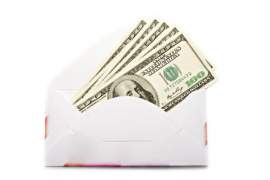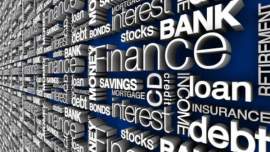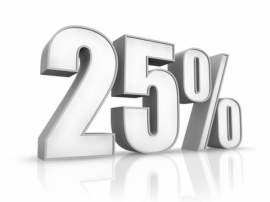
The Benefits of a Money Market Account

A money market account is a financial instrument that is typically offered by a bank. Money markets are very conservative investments that guarantee a small rate of return. These financial investments do not possess any risk of a capital loss and are viewed as some of the safest forms of investment securities.
A money market account is a deposit account which invests in corporate and government securities. When a money market is purchased, the investor is essentially providing an established entity with a short-term loan. The investor recoups their principal when the loan matures and earns a rate of return through the interest payments paid on the loans.
A money market account does not possess high rates of return because the risk associated is negligible. Secured corporations and government agencies do not default on loans, meaning the repayment is guaranteed. The rate of return is based on the current interest rates in the money markets.
Money markets are a component of the broader financial markets. The money market is comprised of all assets that are involved in short-term borrowing and lending. Typically this denotes any loan with original maturities of one year or less.
The money market is comprised of Treasury bills, bankers' acceptances, certificates of deposit, Federal funds, commercial paper, asset-backed securities, and short-lived mortgages.
To earn monthly interest payments and to avoid hefty fees, an individual must maintain a minimum balance within their money market account. Typically, money market accounts are attached with high rates of interest. As a result, the investment strategy is similar to a money market fund offered by a brokerage. Although these two accounts are unrelated, they both yield guaranteed returns and are considered almost as safe as a generic savings account.



















